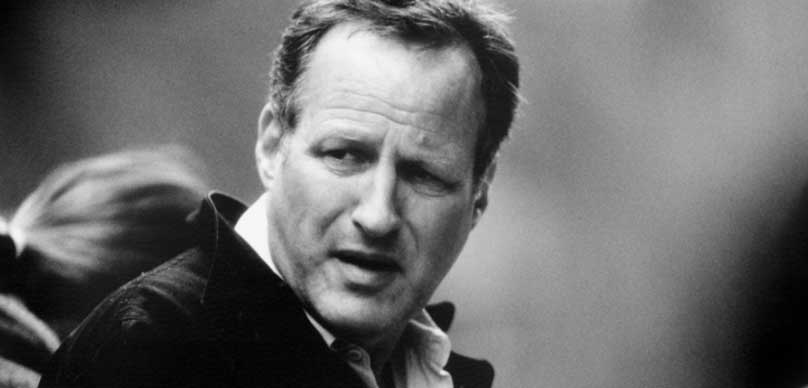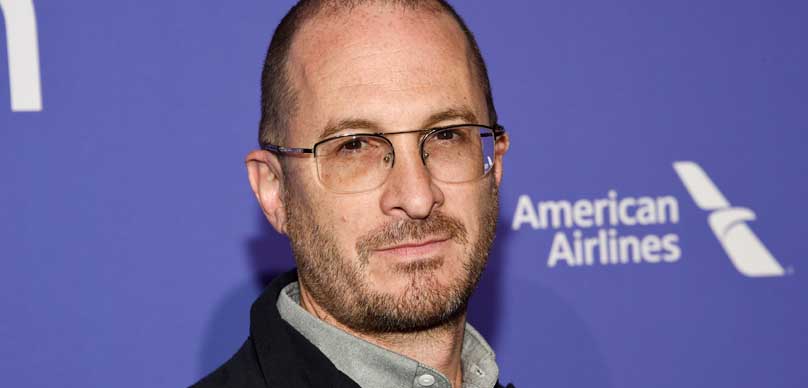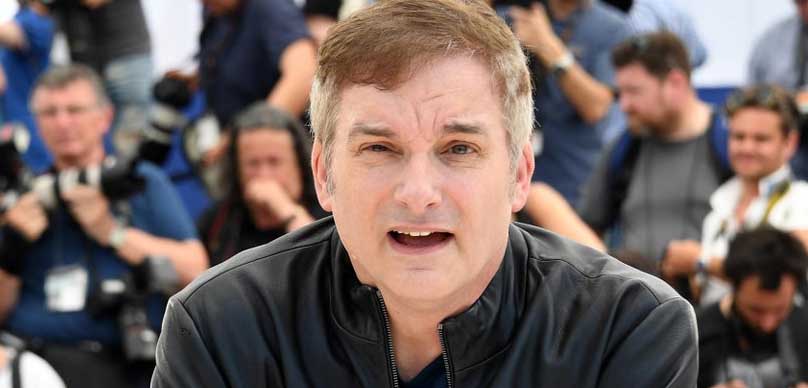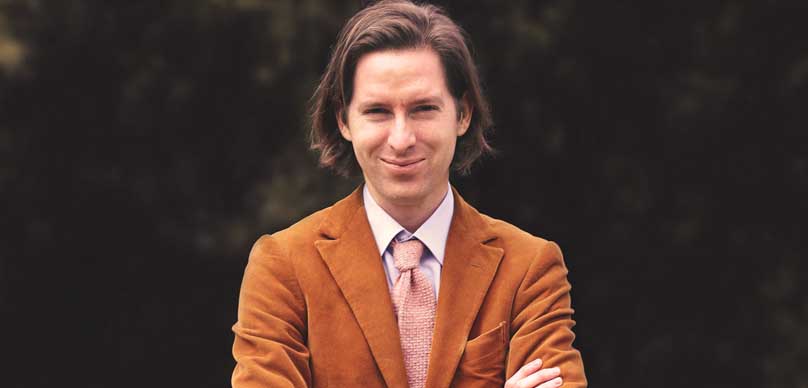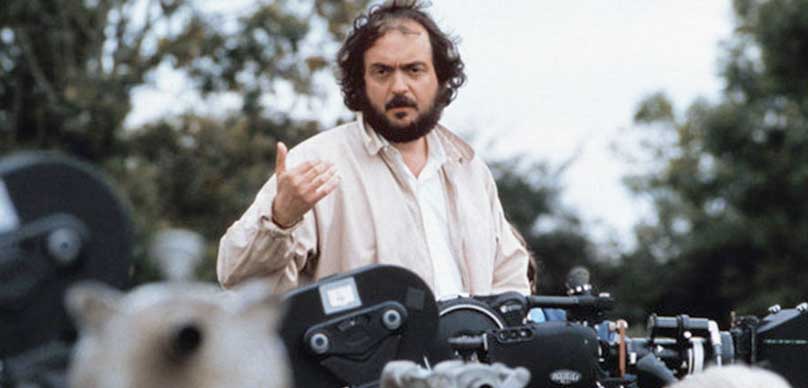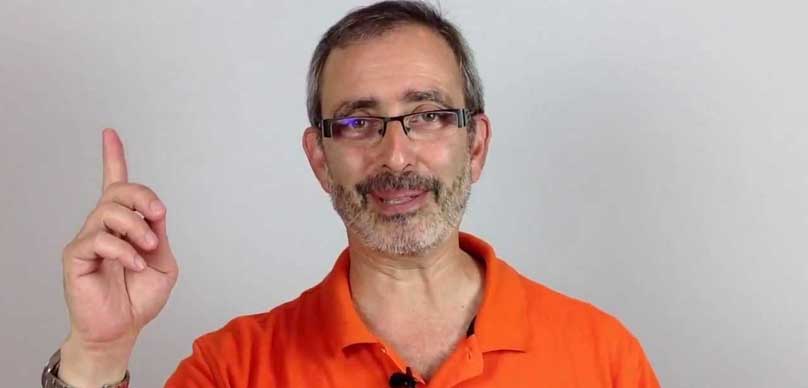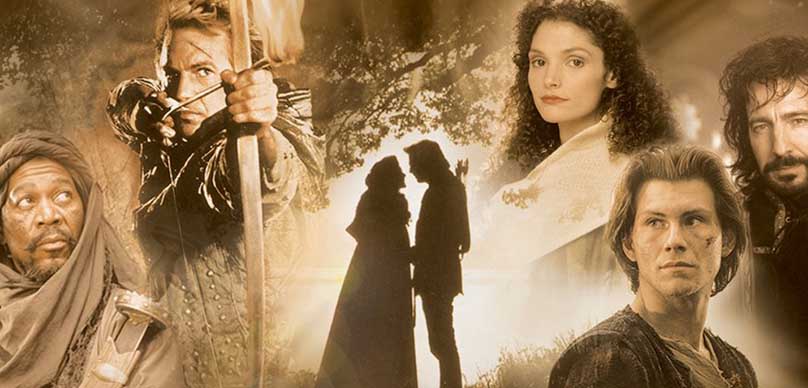Michael Mann screenplays and filmography is truly remarkable. From the ground-breaking Thief to the modern classic Heat. He created Miami Vice and brought us Manhunter.
Take a listen to Michael Mann masterclass as he discusses his films and storytelling techniques. The screenplays below are the only ones that are available online. If you find any of his missing screenplays please leave the link int he comment section.
When you are done reading take a listen to Apple’s #1 Screenwriting Podcast The Bulletproof Screenwriting Podcast, with guest like Oscar Winner Eric Roth, James V. Hart, David Chase, John August, Oliver Stone and more.
(NOTE: For educational and research purposes only).
THIEF (1981)
Screenplay by Michael Mann – Read the screenplay!
MANHUNTER (1986)
Screenplay by Michael Mann – Read the screenplay!
THE LAST OF THE MOHICANS (1992)
Screenplay by Michael Mann & Christopher Crowe – Read the screenplay!
HEAT (1995)
Screenplay by Michael Mann – Read the screenplay!
THE INSIDER (1999)
Screenplay by Michael Mann & Eric Roth – Read the screenplay!
Eric Roth Draft – Read the screenplay!
ALI (2001)
Screenplay by Michael Mann, Eric Roth, Chris Wilkinson & Stephen J. Rivele – Read the screenplay!
COLLATERAL (2004)
Screenplay by Michael Mann & Stuart Beattie – Read the screenplay!
MIAMI VICE (2006)
Screenplay by Michael Mann – Read the screenplay!
PUBLIC ENEMIES (2009)
Screenplay by Michael Mann, Ronan Bennett & Ann Biderman – Read the screenplay!

